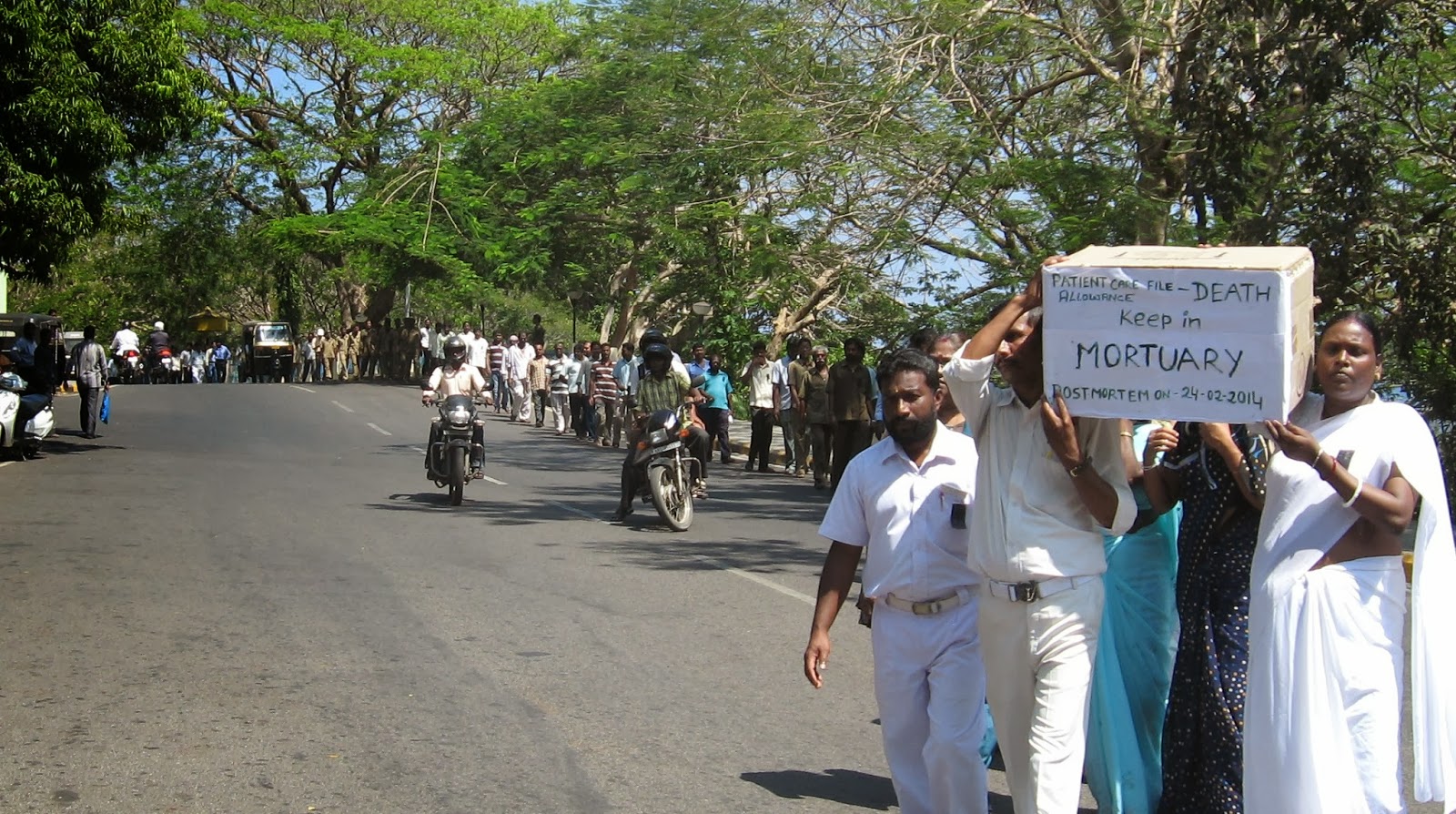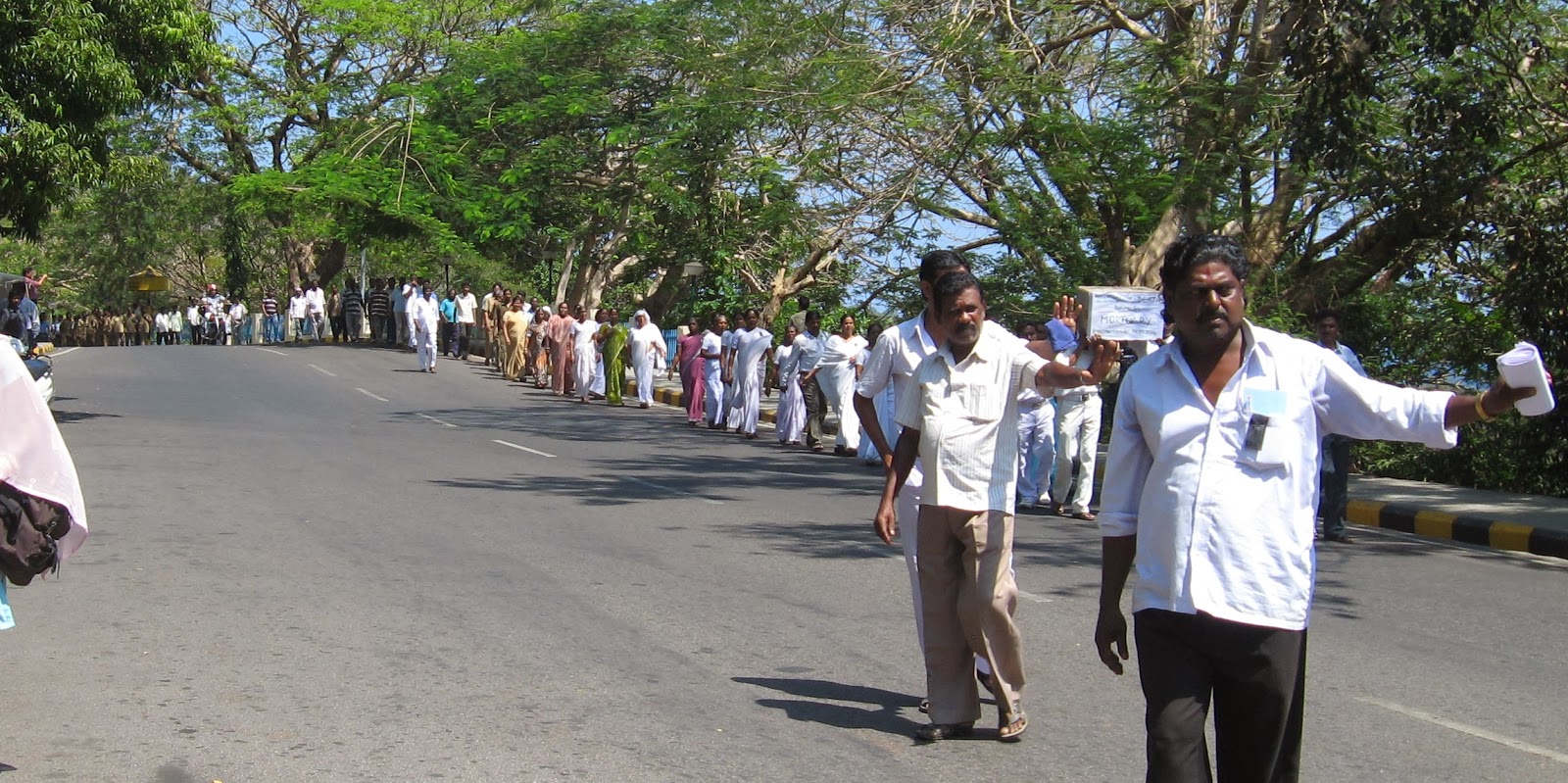Retirement Age for Central Government employees to enhance by two years from 60 to 62..!
Last week, the important decision was expected by the Cabinet Committee, which was held on 4th June 2013, but no decision taken in the meeting. Though the media and websites are still spreading the news that the "Government has already taken in principle decision to increase the retirement age for two years and the implementation will also be within this year". The intense debate is going on about this issue, a website published an article of advantage and disadvantages of the decision.
Retirement age 62 for central government employees a exclusive review
Impact of raising retirement age from age 60 to 62
It has been seen that one of the long time waging demand of raising the retirement age of govt employees has finally caught afire...
Through the Medias and blogging sites re abound with news that the cabinet would announce news regarding the retirement age yet it has not been finalizes.
Even then it has been come to known that a favourable decision would be put forth regarding this issue due to the oncoming Lok Sabha and three state assembly elections.
In India the retirement ages of most of the state government employees range from 58 to 60. This is low in comparison to the government employees of foreign nation.
We shall see the effect of raising the retirement age in the following passage
Advantages :-
1. If only 7th pay commission would be implemented in the year 2016 those retiring in the year span 2014 -2016 would be greatly benefitted.
2. Economically the employees would be in better position due to this rise of the age of superannuation
3. The pension amount and the other beneficiaries would also increase along side
4. There this chance of imparting fruitful experience to the subordinates or new recruit by those benefitted by rise in retirement age
5. More over there is chance of getting an additional MACP by the central govt employees
6. A good health psychological effect would prevail in their minds due to this boon of rising their retirement age and thus removing their fatigue
Disadvantages :-
1. Promotion would be greatly affected due to no retirement in the long span
2. Unemployment would come in to being due to the increase in retirement age
3. Output of work would be greatly affected if the retirement age of unhealthy employees would be increased.
This announcement would not be received in praise among those searching for employment in general, Moreover among the retirement employees this decision is receiving a mixed response as some welcome while others detest it.







